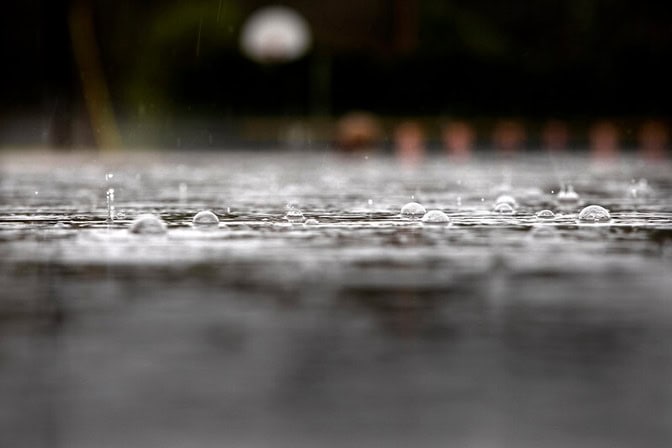
Great Lakes flood prevention: Report recommends mitigation steps
Broken pumps weren’t the main problem in Detroit’s 2021 floods—there was more rainfall than the water systems could handle.

Broken pumps weren’t the main problem in Detroit’s 2021 floods—there was more rainfall than the water systems could handle.
The Great Lakes Water Authority (GLWA) released a report examining the devastating flooding that hit Metro Detroit during summer 2021, specifically the June 25-26 and July 16 rainfall events. Glen Daigger, a U-M professor of civil and environmental engineering, led a six-person independent panel that investigated the flooding and developed recommendations for preventing future catastrophic events.
The report concluded that the rainfall intensity far exceeded the wastewater system’s designed capacity, making some flooding unavoidable even if all equipment had functioned perfectly. While Detroit also suffered pump failures, they were not the primary cause of the flooding.
The panel proposed solutions including: starting generators proactively during anticipated heavy rains, improving vacuum priming systems, maintaining storage and relief gates, conducting additional studies on flooding patterns and considering buyouts for homeowners in flood-prone areas.
The GLWA has already implemented some improvements: making the power supply to the Freud Pump Station more robust, installing devices to give advance notice of power outages, and establishing better communication with east and west side communities.
The report emphasizes the need for regional coordination to address future flooding challenges that are expected to be more intense than historical events. Johanna Mathieu, an associate professor of electrical and computer engineering, also served on the panel. Read the full story.
Contact: Mason Hinawi
Summarized by AI, edited and fact-checked by a human (in 2025).